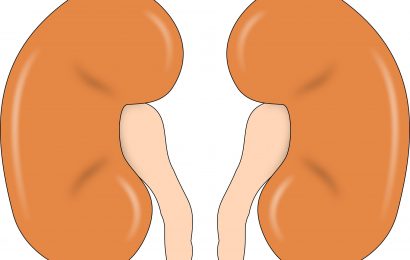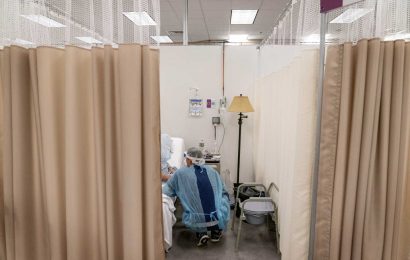Researchers at University of Galway have determined that biomarkers known as microRNAs can help predict which patients with breast cancer are likely to face a recurrence of the disease and death.
The researchers, led by Dr Matthew Davey, Professor Michael Kerin and Dr Nicola Miller, from the University's College of Medicine, Nursing and Health Sciences, conducted a multicentre trial In Ireland, involving 124 patients who were treated with chemotherapy.
The findings of the research have been published in the Journal of the American College of Surgeons (JACS).
They include:
- MiRNAs can be used as a biomarker to predict which patients are likely to face breast cancer recurrence and mortality.
- Researchers conducting a multicentre trial in Ireland drew blood samples from 124 patients with breast cancer at 5 different timepoints during their cancer journey, and assessed their outcomes almost nine years later.
- Researchers say their discovery of the predictive value of miR-145 could help physicians better tailor treatment to the need of each patient being treated for breast cancer.
Genetics & Genomics eBook

According to figures from the National Cancer Registry of Ireland, over 3,500 women are diagnosed with breast cancer each year. While long-term outcomes have improved for patients with breast cancer, the most common cancer diagnosed in women, 20% to 30% of these patients will see their breast cancer relapse.
Dr Davey said: "The process of identifying which patients are more likely to have a recurrence has been a challenge. Therefore we set out to determine whether miRNAs -small, non-coding molecules that modulate genetic expression and affect cancer development – are capable predicting which patients are more likely to have a recurrence of, and die from, breast cancer.
"We discovered that patients with an increased expression of a certain type of miRNA, called miR-145, are unlikely to have a recurrence of breast cancer.
"We showed that increased expression of this biomarker, which was measured in patients' blood samples during chemotherapy, actually predicted their long-term oncological outcome. We can predict those who are likely to suffer recurrence and also those who will be free of recurrence. Further studies into the clinical application of this biomarker are ongoing.
"This study may also help identify breast cancer patients who could benefit from closer monitoring and additional therapies post-surgery or treatment."
This research is made possible by the National Breast Cancer Research Institute and Cancer Trials Ireland.
National University of Ireland Galway
Davey, M.G., et al. (2022) Evaluating the Role of Circulating MicroRNAs in Predicting Long-Term Survival Outcomes in Breast Cancer: A Prospective, Multicenter Clinical Trial. Journal of the American College of Surgeons. doi.org/10.1097/XCS.0000000000000465.
Posted in: Medical Science News | Medical Research News | Women's Health News
Tags: Biomarker, Blood, Breast Cancer, Cancer, Chemotherapy, Clinical Trial, Genetic, Medicine, Mortality, Nursing, Research, Surgery
Source: Read Full Article


